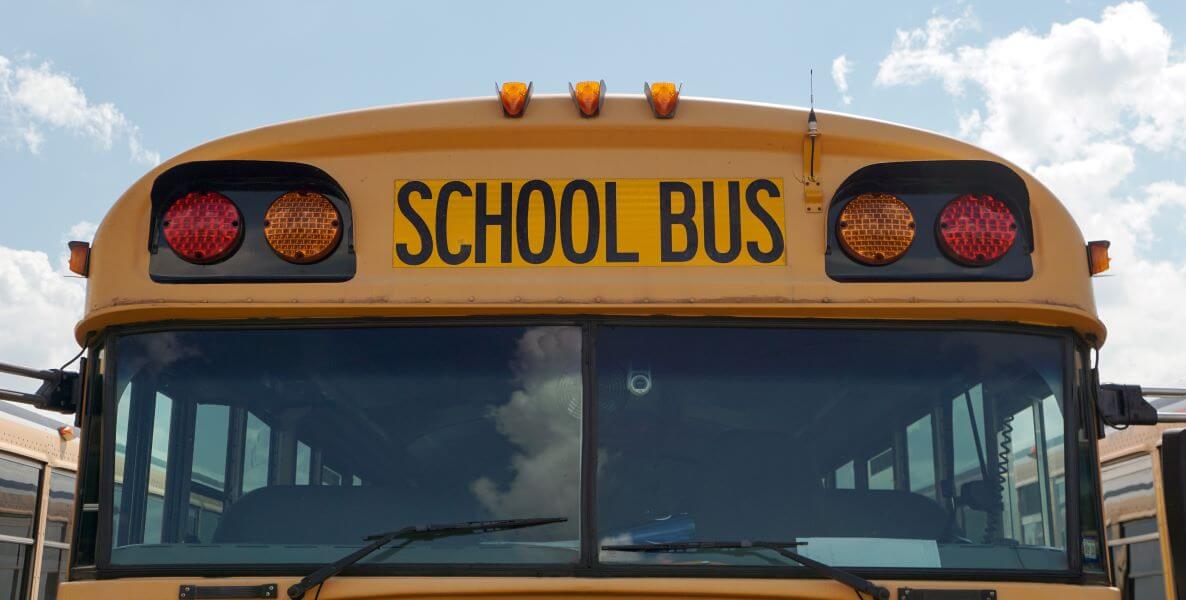Recent controversy over admission standards for Philadelphia’s selective schools made me think of my wife’s journey to attend Masterman when it was the city’s premier public middle school.
Zina, my wife, was a Black fourth grader attending Richard Wright Elementary School in North Philadelphia in the early 1970s. A straight-A student who had skipped a grade, she had every reason to believe she had a shot at the school, which now ranks among the top ten high school programs in the nation.
Imagine her shock when her principal said that no students in his school could qualify for Masterman.
Zina’s principal had not reviewed her test scores or report cards. His decision was based solely on a belief: Urban Philadelphia school districts that serve low-income, minority neighborhoods don’t prepare children for an elite education.
Today, Philadelphia’s select public high schools have at least for now dropped standardized test scores from admission criteria and choose students based on a lottery. The rule change is, in part, motivated by low and declining minority representation in these schools. While making up 80 percent of the School District of Philadelphia, only 23 percent of students at Masterman are Black or Latino.
While some argue that these select schools still aren’t doing enough to boost minority participation, other parents are angry with the lottery system that unfairly turns away their overqualified students.
Cutting back admission standards doesn’t serve anyone. Philadelphia’s crisis has nothing to do with whether Masterman reviews standardized test scores but everything to do with the fact that families are scrambling for a select few spots as if their children’s lives depend on it — and perhaps they do.
Instead of trying to work within a broken system — which has failed for decades — Philadelphia needs to embrace innovative models that increase access to educational opportunity.
We all know an excellent education is the pathway to a successful life, and the lack thereof is closely linked to dependence on welfare programs and even prison. But while Philadelphia public schools have gone through leaders and legions of new approaches and curricula over the last 50 years, none of them have delivered on the systematic, educational improvement needed.
Philadelphia public schools are eroding — and it’s at the expense of Black and Brown communities.
Philadelphia’s problem is that there aren’t enough high-quality schools like Masterman. When my wife and I went to school, superintendents kept at least some of our community’s schools at a serviceable level. Now even several of Philadelphia’s selective admission schools — including Motivation High School, Parkway-Northwest, Parkway West, and Lankenau High School — are among the state’s list of low-achieving schools, the bottom 15 percent of schools based on performance metrics.
Tragically, Philadelphia students are being left behind — often relegated to a failing neighborhood school because of their income status and zip code. Forty percent of our Commonwealth’s low-achieving schools are in Philadelphia, and of the students that attend low-achieving schools, 80 percent are minority and economically disadvantaged.
A potential ‘lifeline’ for students
Instead of trying to work within a broken system — which has failed for decades — Philadelphia needs to embrace innovative models that increase access to educational opportunity.
This year there’s been public uproar surrounding lottery admission to selective schools. But, Philadelphia charter schools for years have had to deal with randomized selection and a “ballooning” waiting list. Meanwhile, the Pennsylvania tax credit scholarship program that helps students opt for high-quality private schools has a waiting list of over 75,000 student applications.
Our students’ futures shouldn’t rely on chance. The Lifeline Scholarship Program, passed in April by the Pennsylvania House, awaits the Senate’s approval. If enacted, Lifeline Scholarships would give all public-school students at low-achieving schools access to state education funding to pay for tuition, curriculum, or other educational expenses.
Philadelphia students stuck in failing schools need a way out — they need a lifeline. It took determination by my wife’s grandmother to get Zina’s principal to review records and realize that she did, in fact, qualify for Masterman.
Not everyone has this persistence in their corner, and I can’t help but shudder at how much had to go right. Masterman may not be able to accept every student, but the high-caliber education it represents should be available to all Philadelphia children.
Dave P. Hardy, co-founder and retired CEO of Boy’s Latin of Philadelphia Charter School, is a Distinguished Fellow at the Commonwealth Foundation, Pennsylvania’s free-market think tank. The Citizen welcomes guest commentary from community members who stipulate to the best of their ability that it is fact-based and non-defamatory.
![]() RELATED STORIES FROM THE CITIZEN ON EDUCATION
RELATED STORIES FROM THE CITIZEN ON EDUCATION
Guest Commentary: Gov. Wolf Should Pick the Side of Students
Photo by Thomas Park on Unsplash



